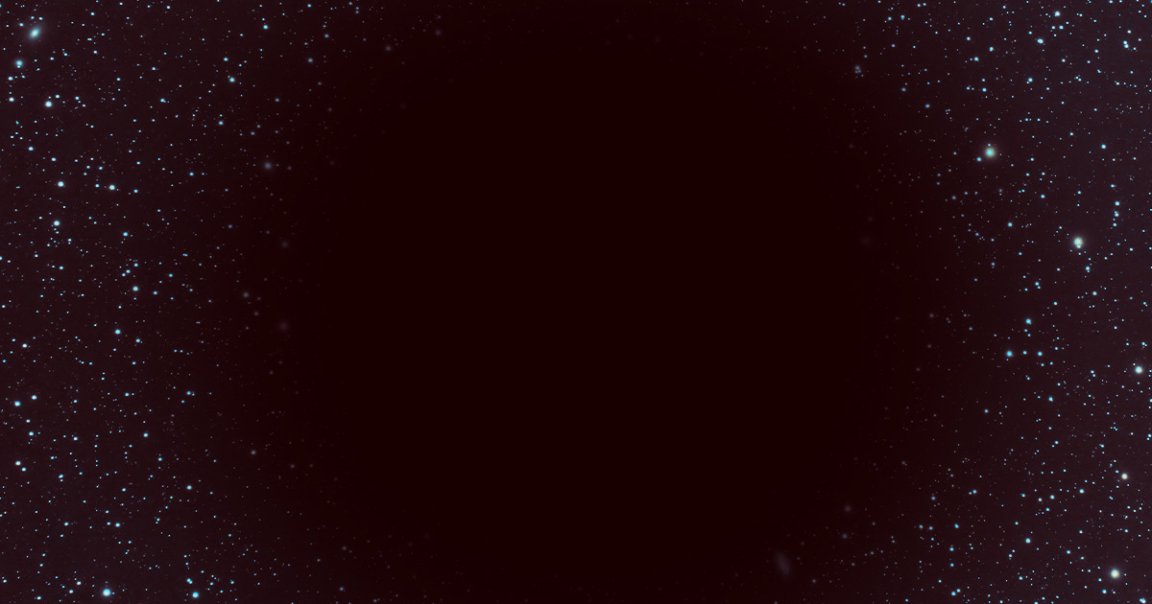
The Big Empty
Astronomers have accidentally found an entire galaxy that appears to have plenty of gas — but no visible stars to speak of.
Their findings, which were presented this week at the annual meeting of the American Astronomy Society, may seem paradoxical on their face, but the discovery could provide a rare, possibly never-before-seen insight that challenges our understanding of how stars and galaxies are formed.
The eerily empty object, called J0613+52, is located 270 million light years away, according to a Big Think writeup on the discovery, and at the very least appears to be a low-surface brightness galaxy (LSB).
As the name suggests, an LSB is significantly less bright than other glimmering objects that populate the night sky because the gasses it contains are so spread out that few stars are formed.
Still, this classification holds that such a galaxy would at least have some stars, and J0613+52, with seemingly none at all, could be something even more rare and elusive: a dark, primordial galaxy.
“This could be our first discovery of a nearby galaxy made up of primordial gas,” Karen O’Neil, a senior scientist of the Green Bank Observatory, said in a statement about the research.
Gassy Galaxy
O’Neil and her team stumbled on the object thanks to a fortuitous error made while studying LSBs. Basically, they realized there was a discrepancy in the data between two telescopes they were using, which led to them double-checking where they were looking at.
“The [Green Bank Telescope] was accidentally pointed to the wrong coordinates and found this object,” O’Neil said.
Not only did they find that the galaxy was lacking stars despite being rich in gas — they believe it contains between one and two billion solar masses of hydrogen — it was also extremely isolated.
“It’s too far from other galaxies for them to help trigger star formation through any encounters,” O’Neil said. “J0613+52 appears to be both undisturbed and underdeveloped.”
That last part — “undisturbed and underdeveloped” — is key. It would suggest that over the billions of years of its existence, the “dark” galaxy has remained stable to an unparalleled degree, with no significant gravitational interactions occurring that would lead to gas clumping together to form stars, and no nearby galaxies to intrude on its near-perfect equilibrium.
In other words, it’s an uncannily preserved relic of the early years of the cosmos, so perfect that it almost defies understanding.
Future observations will have to bear out these findings. As Big Think notes, astronomers will likely follow up by searching for heavy metals that indicate the presence of stars. If none are found, it’ll be strong evidence in favor of J0613+52 indeed being the fabled dark galaxy that has for so long eluded detection.
More on space: Hubble Detects Uber-Strong Radio Transmission From Ancient “Blob”